News
NPC urges govt. to talk to all minority parties
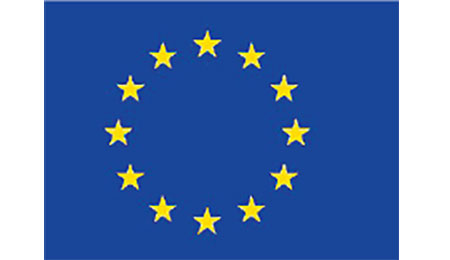
A section of of the international community was planning sactions while Sri Lanka was moving from crisis to crisis, the National Peace Council (NPC) said yesterday.
Sri Lanka had been one of the richest nations in Asia in 1948 and due to actions of all governments, the country was now among the poorest, the NPC said.
NPC head Dr. Jehan Perera said: “Unless there is a strong will and genuine commitment to have a unified country with law that applies to all in equal measure we may not see positive development in the country. The sanctions being planned by sections of the international community cannot be overcome by non-existent strategies as the country moves from one crisis to another. The UN Human Rights Council in Geneva has set up a special monitoring unit to document past and ongoing human rights violations in Sri Lanka. The most recent manifestation of international scrutiny by the EU. Its parliament last week passed a resolution by the margin of 628 votes to 15 to hold Sri Lanka to account on a number of issues.”
Dr. Perera said that if Sri Lanka did not heed the EU resolution, it was possible that GSP+ concessions would be taken away. That could be a severe blow to Sri Lanka’s struggling economy, he added.
“There is another resolution against Sri Lanka before the US Congress. While the US resolution does not have any sanction mentioned in it at the moment, it calls on the Sri Lankan government to address root causes that led to a civil war. At the root of the resolutions against Sri Lanka in international forums is the long unresolved issue of the ethnic conflict and its resolution by political means.
“The NPC believes that resolving these root causes calls for dialogue with the representatives of the ethnic and religious minorities and their political parties. We welcome the meeting between President Gotabaya Rajapaksa and the TNA as a first step in that direction which needs to be expanded to include other minority parties. The constitutional reform proposals made by the TNA to the Expert Committee on Constitutional Reform appointed by the President, the holding of provincial elections, which will enable the minority parties to have a share of governance in the country, and the establishment of a truth and reconciliation commission to give a definitive account of the war, end the speculations and divisive interpretations and correct the human rights violations of the past may be matters for discussion that can lead to a unified national approach in dealing with the international community to ensure the development of the country.”
Business
“We Are Building a Stable, Transparent and Resilient Sri Lanka Ready for Sustainable Investment Partnerships” – PM
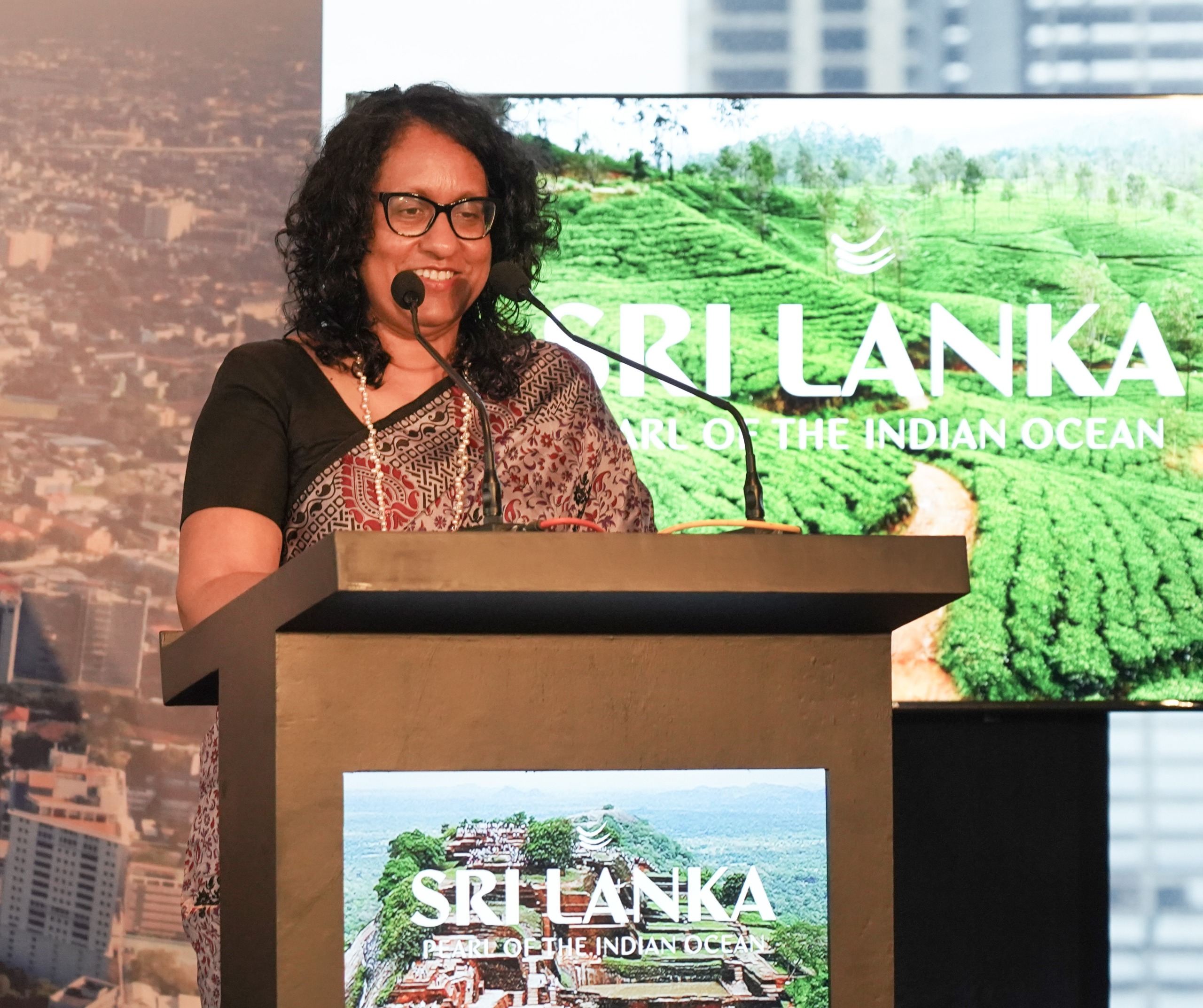
Prime Minister Dr. Harini Amarasuriya addressed members of the Chief Executives Organization (CEO) during a session held on Thursday [3 February 2026] at the Shangri-La Hotel, Colombo, as part of CEO’s Pearl of the Indian Ocean: Sri Lanka programme.
The Chief Executives Organization is a global network of business leaders representing diverse industries across more than 60 countries. The visiting delegation comprised leading entrepreneurs and executives exploring Sri Lanka’s economic prospects, investment climate, and development trajectory.
Addressing the gathering, the Prime Minister emphasized that Sri Lanka’s reform agenda is anchored in structural transformation, transparency, and inclusive growth.
“We are committed not only to ensuring equitable access to education, but equitable access to quality education. Our reforms are designed to create flexible pathways for young people beyond general education and to build a skilled and adaptable workforce for the future.”
She highlighted that the Government is undertaking a fundamental pedagogical shift towards a more student-focused, less examination-driven system as part of a broader national transformation.
Reflecting on Sri Lanka’s recent political transition, the Prime Minister stated:
“The people gave us a mandate to restore accountability, strengthen democratic governance, and ensure that opportunity is not determined by patronage or privilege, but by fairness and merit. Sri Lanka is stabilizing. We have recorded positive growth, restored confidence in key sectors, and are committed to sustaining this momentum. But our objective is not short-term recovery it is long-term resilience.”
Addressing governance reforms aimed at improving the investment climate, she said:
“We are aligning our legislative and regulatory frameworks with international standards to provide predictability, investor protection, and institutional transparency. Sustainable investment requires trust, and trust requires reform.”
Turning to the recent impact of Cyclone Ditwa, which affected all 25 districts of the country, the Prime Minister underscored the urgency of climate resilience.
“Climate change is not a distant threat. It is a lived reality for our people. We are rebuilding not simply to recover, but to build resilience, strengthen disaster mitigation systems, and protect vulnerable communities.”
Inviting CEO members to consider Sri Lanka as a strategic partner in the Indo-Pacific region, she highlighted opportunities in value-added mineral exports, logistics and shipping, agro-processing, renewable energy, pharmaceuticals, and innovation-driven sectors.
“We are not looking for speculative gains. We are seeking long-term partners who share our commitment to transparency, sustainability, and inclusive development.”
She further emphasized collaboration in education, research, vocational training, and innovation as essential pillars for sustained economic growth.
Concluding her address, the Prime Minister expressed appreciation to the Chief Executives Organization for selecting Sri Lanka as part of its 2026 programme and reaffirmed the Government’s readiness to engage constructively with responsible global investors.
The event was attended by the Governor of the Western Province, Hanif Yusoof, and other distinguished guests.
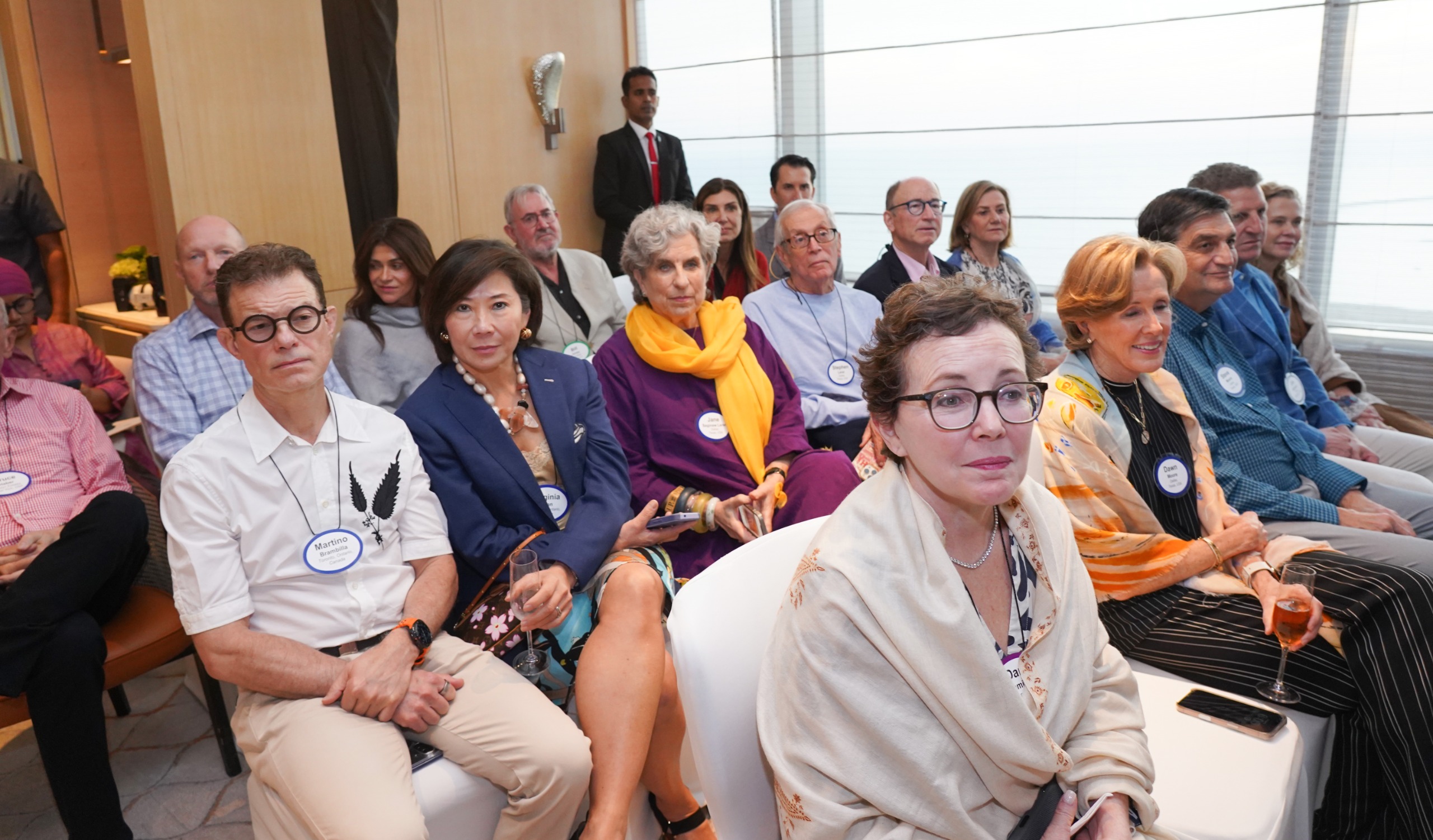
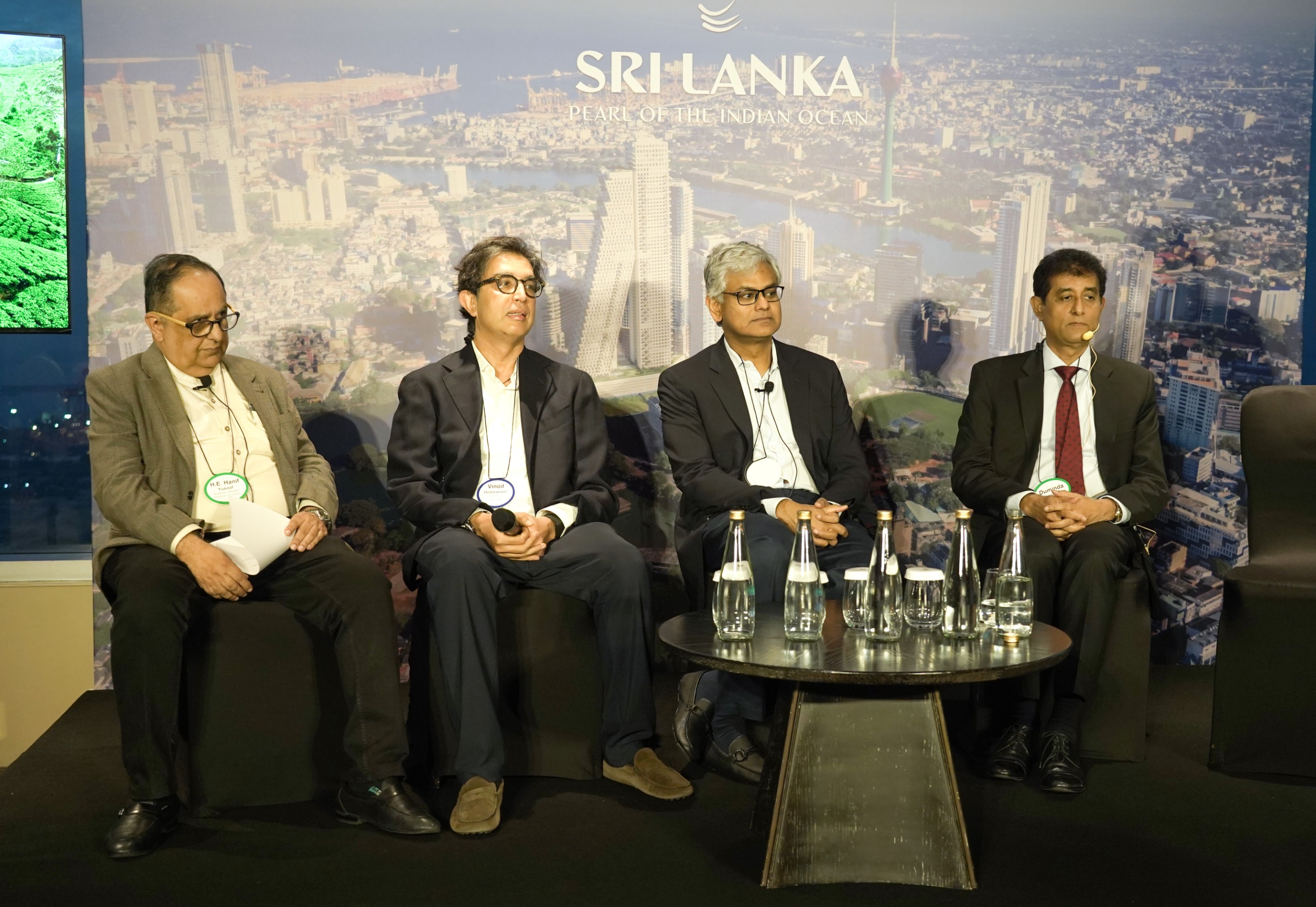
[Prime Minister’s Media Division]
News
Prez AKD congratulates BNP’s Tarique Rahman on B’desh election win
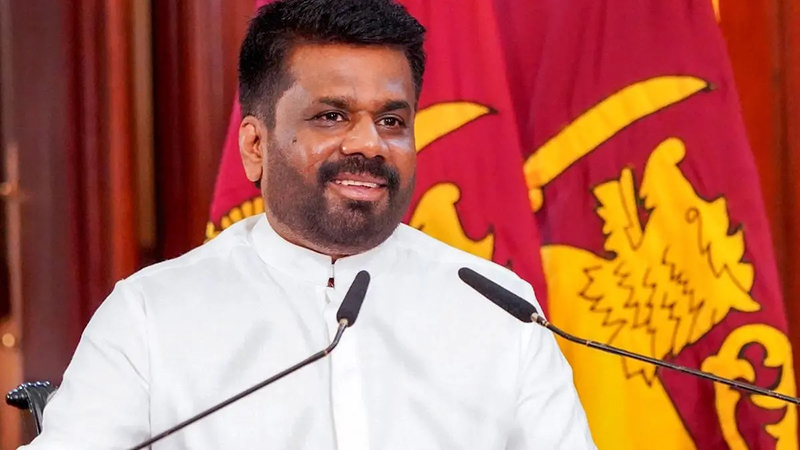
President Anura Kumara Dissanayake has extended his congratulations to the Bangladesh Nationalist Party (BNP) and its leader, Tarique Rahman, following their landslide victory in Bangladesh’s parliamentary elections.
“Best wishes to the people of Bangladesh for reaffirming their faith in democracy, and congratulations to Mr. Tarique Rahman on leading the BNP in these elections. The results reflect the trust placed in him. I look forward to strengthening ties between our two nations,” President Dissanayake said, in a post on ‘X’.
The Bangladesh Nationalist Party won a landslide parliamentary election on Friday, securing a resounding mandate in a pivotal vote that is expected to restore political stability in the South Asian nation.
The parliamentary election held on Thursday was Bangladesh’s first vote since the 2024 Gen Z-driven uprising that toppled long-time premier Sheikh Hasina.
Opinion polls had given BNP an edge, and the party lived up to the forecasts, with the coalition it dominates winning 209 seats to secure an overwhelming two-thirds majority in the 300-member Jatiya Sangsad, or House of the Nation, Jamuna TV showed.
Soon after it won a majority in the overnight vote-count, the party thanked and congratulated the people and called for special prayers on Friday for the welfare of the country and its people.
News
Massive Sangha confab to address alleged injustices against monks
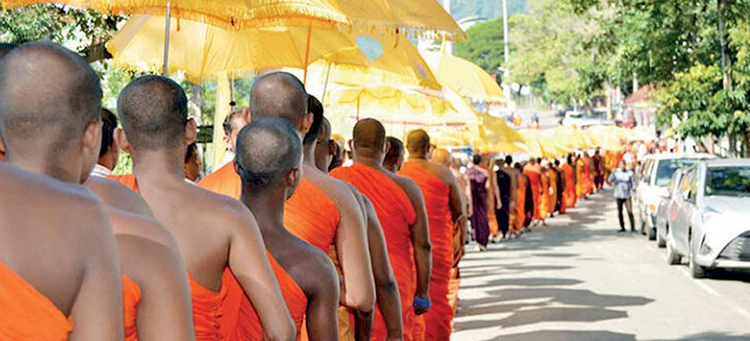
A major Sangha conference will be held on February 20 at 2 PM at the All Ceylon Buddhist Congress (ACBC) Headquarters in Colombo, bringing together both monastic and lay communities to discuss concerns over alleged injustices against Buddhist monks, the Buddha Sasana, and the nation.
Speaking at a press conference in Colombo on Thursday (12), Roshan Maddumage, Deputy Chairman of the ACBC, said the primary aim of the conference is to highlight misconduct and draw government attention to these matters.
ACBC Chairman Chandra Nimal Wakishta emphasized that the country’s legal system appears to operate inconsistently. He noted that while police officers involved in the assault of a Catholic priest were prosecuted and jailed, no investigation has been conducted into police officers accused of assaulting Buddhist monks in Trincomalee.
Wakishta stressed that the Sinhala Buddhist community has historically not engaged in violence or promoted hatred. He added that the Maha Sangha play a central role in guiding and protecting the country and the state, and that harassment or attacks on monks indirectly harm the nation as a whole.
He explained that the decision to convene the Sangha conference stems from the urgency of addressing these serious concerns, with the event expected to serve as a platform for dialogue between the clergy, lay followers, and government representatives.
-

 Business4 days ago
Business4 days agoAutodoc 360 relocates to reinforce commitment to premium auto care
-

 Midweek Review4 days ago
Midweek Review4 days agoA question of national pride
-

 Opinion3 days ago
Opinion3 days agoWill computers ever be intelligent?
-

 Midweek Review4 days ago
Midweek Review4 days agoTheatre and Anthropocentrism in the age of Climate Emergency
-

 Editorial6 days ago
Editorial6 days agoThe JRJ syndrome
-
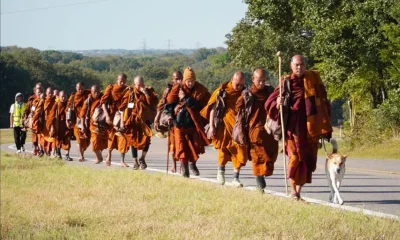
 Opinion4 days ago
Opinion4 days agoThe Walk for Peace in America a Sri Lankan initiative: A startling truth hidden by govt.
-
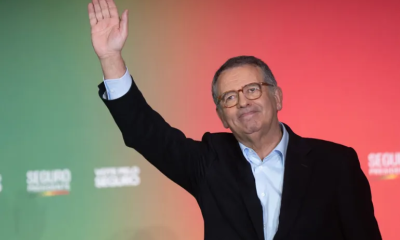
 Foreign News6 days ago
Foreign News6 days agoPortugal elects Socialist Party’s Seguro as president in landslide
-
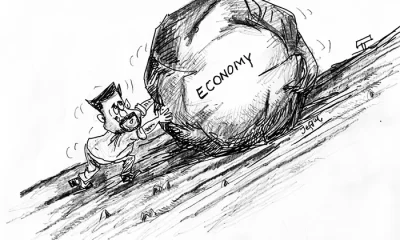
 Opinion5 days ago
Opinion5 days agoBeyond 4–5% recovery: Why Sri Lanka needs a real growth strategy













